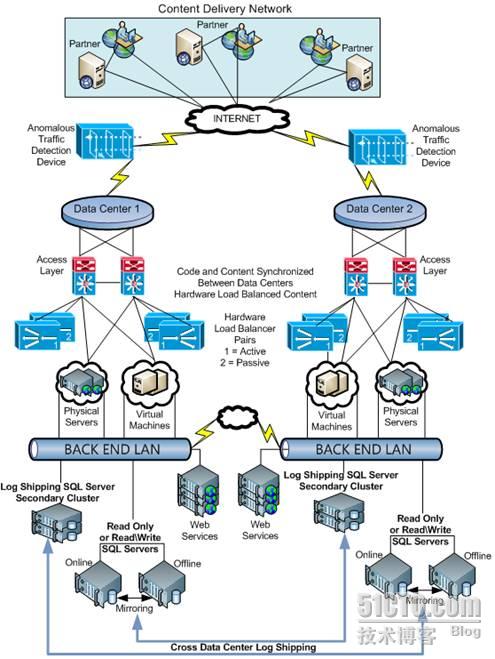|
The rise of technology has significantly transformed the landscape of e-commerce, revolutionizing the way businesses operate and customers shop. With the advent of cutting-edge technologies, online shopping has become more convenient, personalized, and secure than ever before. In this article, we will explore some of the remarkable technological advancements that are shaping the future of e-commerce. Artificial Intelligence (AI) and Machine Learning (ML): AI and ML algorithms have unlocked a new realm of possibilities for e-commerce platforms. These technologies can analyze massive amounts of data to provide insights into customer behavior, preferences, and buying patterns. By leveraging AI and ML, businesses can offer personalized product recommendations, customized shopping experiences, and targeted marketing campaigns. Moreover, chatbots powered by AI can enhance customer service by providing instant responses to queries and resolving issues efficiently. Augmented Reality (AR) and Virtual Reality (VR): AR and VR have bridged the gap between online and offline shopping experiences. Through these immersive technologies, customers can virtually try on clothing, visualize furniture in their homes, or even test drive vehicles - all from the comfort of their own homes. This enhances the customer's confidence in their purchase decisions and reduces the likelihood of returns. E-commerce businesses that integrate AR and VR into their platforms can differentiate themselves in the market and provide a unique shopping experience. Mobile Commerce (m-commerce): The widespread adoption of smartphones has propelled the growth of m-commerce. Consumers can now browse and buy products anytime, anywhere, using their mobile devices. E-commerce companies have optimized their websites and developed user-friendly mobile applications to cater to this growing segment. Additionally, mobile payment solutions such as digital wallets and contactless payments have made transactions faster and more secure, further driving the popularity of m-commerce. Blockchain Technology: Blockchain technology has revolutionized the security and transparency of online transactions. It provides a decentralized and immutable ledger that ensures trust and eliminates the need for intermediaries in financial transactions. E-commerce platforms can utilize blockchain to enhance payment security, prevent fraudulent activities, and streamline supply chain management. Smart contracts powered by blockchain can automate processes, reduce costs, and improve efficiency in e-commerce operations. Voice Commerce: The rise of voice assistants like Amazon's Alexa and Google Assistant has given birth to voice commerce. Customers can now make purchases, track orders, and inquire about product information using voice commands. This hands-free and intuitive mode of shopping is gaining popularity among consumers, especially those with disabilities or busy lifestyles. E-commerce businesses need to optimize their platforms for voice search and provide seamless voice-enabled shopping experiences to stay competitive. technological advancements have transformed e-commerce into a dynamic and innovative industry. The integration of AI, AR, VR, m-commerce, blockchain, and voice commerce has reshaped the way businesses engage with customers and deliver products. As technology continues to evolve, we can expect further advancements that will enhance the convenience, personalization, and security of e-commerce, unlocking new opportunities for both businesses and consumers alike.  |
